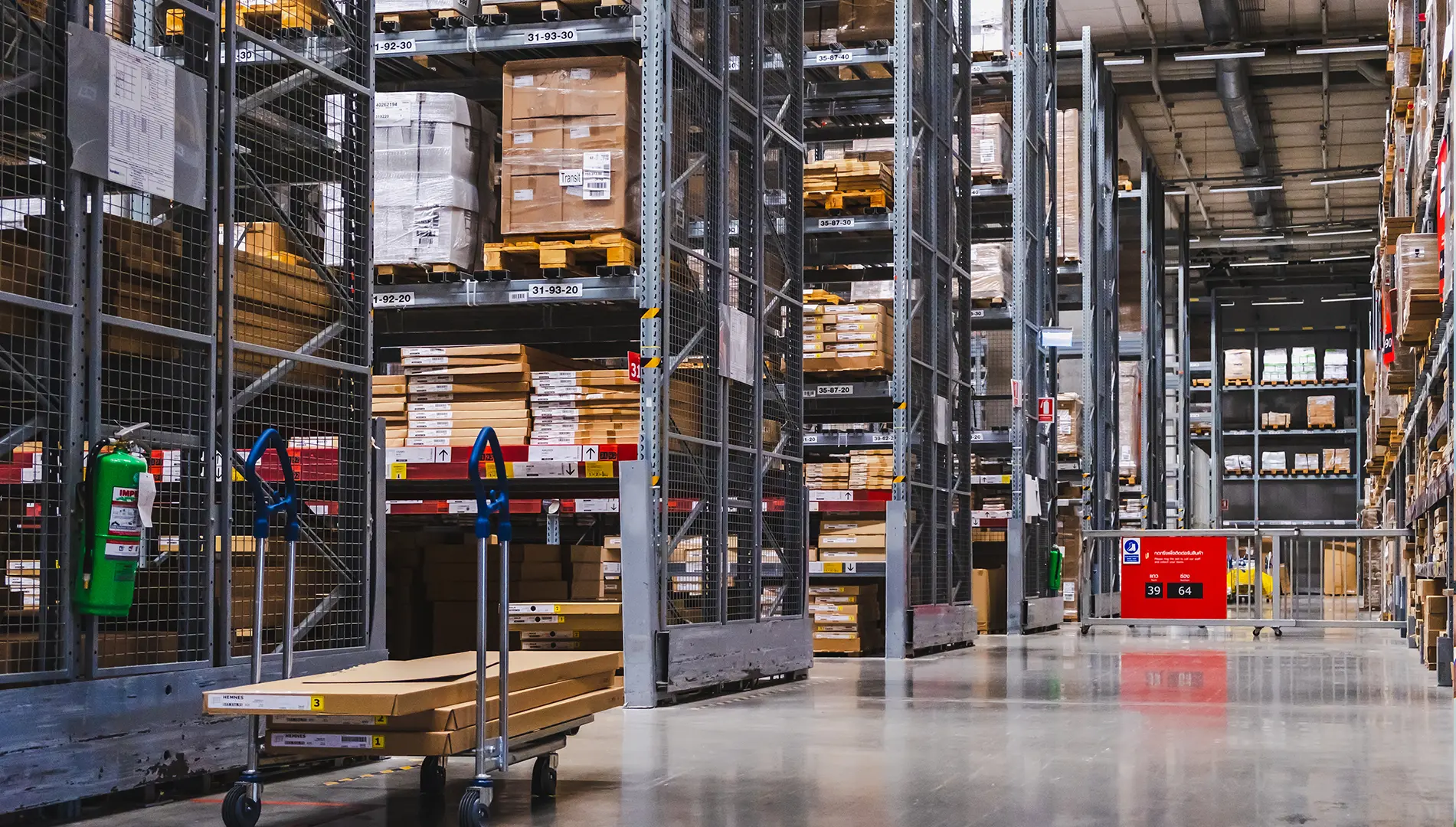
Definition
1PL stands for First Party Logistics and refers to the process of a company managing its own logistics operations. In the context of the European Union (EU), 1PL refers to a company based in the EU that handles its own transportation, warehousing, and distribution of goods.
Key components
- Transportation: This includes the movement of goods from one location to another, whether it be by road, rail, air, or sea.
- Warehousing: This involves the storage of goods in a designated facility until they are ready to be transported to their final destination.
- Distribution: This refers to the process of delivering goods to the end customer or retailer.
Advantages
- Control: By managing their own logistics operations, companies have more control over the entire process and can make adjustments as needed.
- Cost savings: By eliminating the need for a third-party logistics provider, companies can save on transportation and warehousing costs.
- Flexibility: Companies can tailor their logistics operations to meet their specific needs and requirements.
Challenges
- Expertise: Managing logistics operations requires specialized knowledge and skills, which may be lacking in some companies.
- Infrastructure: Companies may need to invest in their own transportation and warehousing infrastructure, which can be costly.
- Time-consuming: Handling logistics operations can be time-consuming and may take away from other important business tasks.
- Business scale: Own logistics operations may be insufficient to keep pace with the company’ s business development, and thus may constitute a limitation in the planned market expansion.
Conclusion
In summary, 1PL refers to a company managing its own logistics operations. While there are advantages to this approach, it also comes with its own set of challenges. Companies must carefully consider their resources and capabilities before deciding to handle their own logistics operations.